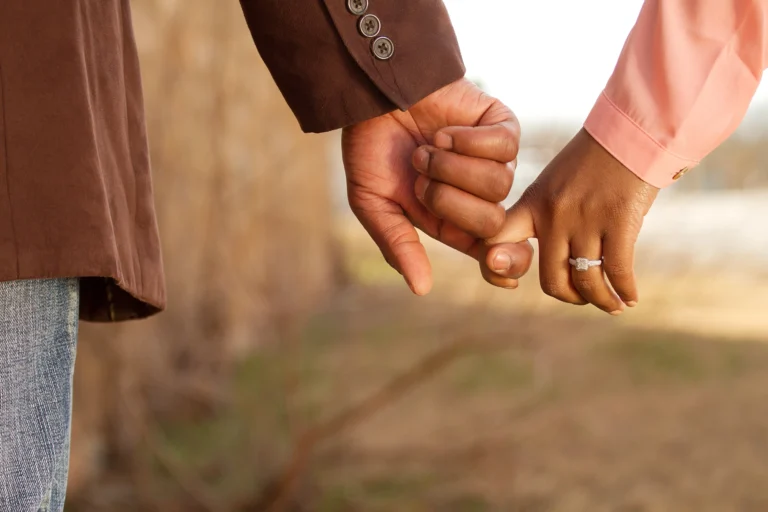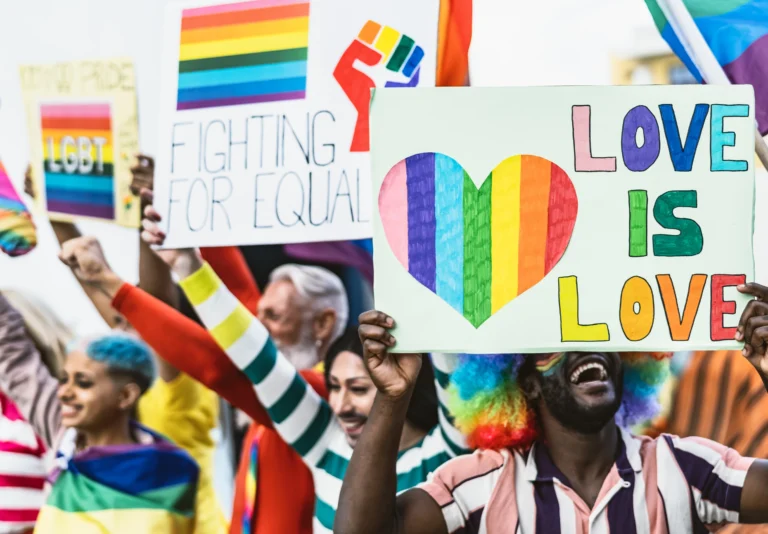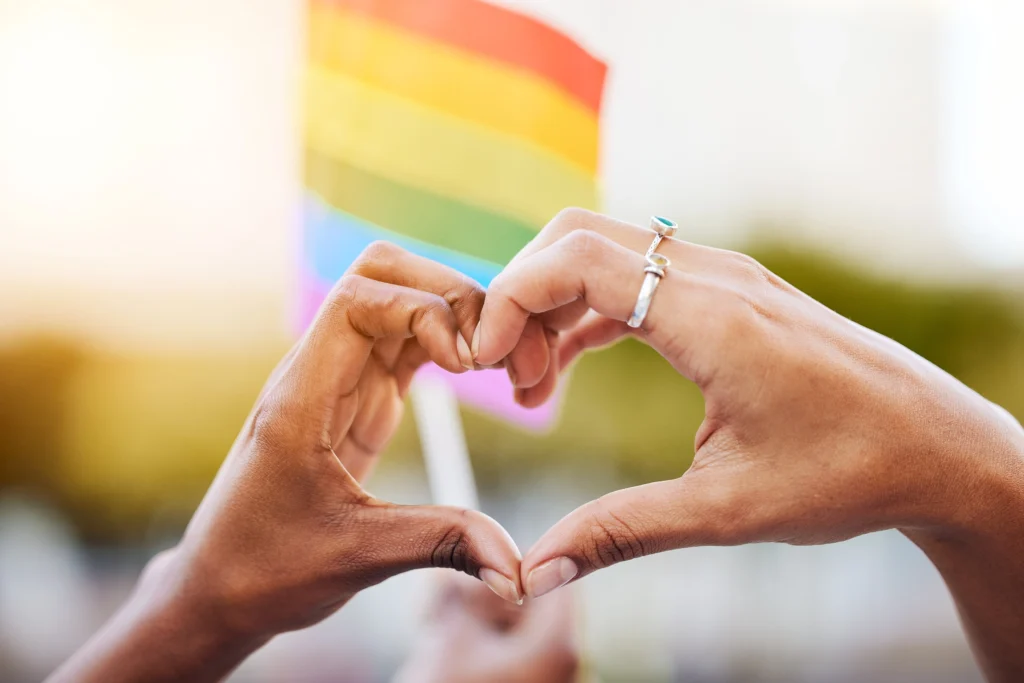#OneLove to the world! Join us as we champion the legacy of defenders of love. Their stories have changed the world and expanded the rights we often overlook.
Commitments to #OneLove are in full swing, opening doors for future generations to freely dedicate their lives to their loved ones without question. Many stories of love, such as Loving v. Virginia and Obergefell v. Hodges, have catalyzed change and normalized privileges we often take for granted.
Signed into law on December 13, 2022, the Respect For Marriage Act (RFMA) repeals the Defense of Marriage Act (DOMA) and mandates recognition of same-sex and interracial civil marriages by the U.S. federal government, all U.S. states, and territories.

Loving v. Virginia
Before the 1967 Loving v. Virginia decision by the Supreme Court, 16 states still had anti-miscegenation laws that forbade interracial marriage. This was a time when racial discrimination and segregation were prevalent in American society.
Just 57 years ago, the one you love may have been forbidden under the law.
Fast forward to today and a 2021 Gallup poll shows that 94% of Americans believe in the right to interracial marriage, a dramatic shift from the first poll in 1958, which showed only 4% approval.
This month we honor the legacy of Loving v. Virginia, a groundbreaking case where the Supreme Court ruled that state bans on interracial marriage were unconstitutional under the 14th amendment.
Mildred Jeter, of African American and Native American descent, and Richard Loving, of European descent, challenged Virginia’s anti-miscegenation laws after their marriage in 1958 led to their arrest.
The ruling forever changed American perception on what we see today as a given, interracial love.
The 14th Amendment, often referenced during the civil rights era and formalized in 1868, has been viewed as a vehicle that continues to defend our civil rights.
It provides guaranteed equal protection under the law to all Americans. It was originally created to support newly freed Black people during an era when citizenship and equal protection weren’t guaranteed.
Major concern was sparked after the overturn of Roe v. Wade in 2022 when certain public officials brought into question challenging the ruling of both Obergefell v. Hodges and Loving v. Virginia.
Initially introduced in 2009, the RFMA underwent several iterations over the years without being implemented. However, between July and November 2022, in response to these interests to undermine marriage equality, both the House and the Senate approved a revision that included protection for interracial marriage.
This quick ratification of RFMA is an act of solidarity and signifies how swiftly our communities can join together to defend one other.
In the experiment we call the United States of America, it is moments such as this that demonstrate commitment to building an aspirational America, one that challenges division and promotes unity.

Obergefell v. Hodges
This month we also honor Pride, the official celebration of freedom and love for the LGBTQ+ community.
When active, DOMA prevented official federal recognition for same-sex marriage equality under the law. The U.S. Supreme Court’s decision on Obergefell v. Hodges in June 2015 mandated that all U.S. states must acknowledge same-sex marriages under the Fourteenth Amendment.
The case originated from several lawsuits challenging state bans on same-sex marriage, with Jim Obergefell, the lead plaintiff, fighting to have his marriage to John Arthur recognized on his Ohio death certificate.
Similarly to the Black community, the LGBTQ+ community had been fighting long before Stonewall to live in a society with equal citizen rights. Often fighting together on the front lines, we have made incredible progress as communities working in solidarity for shared goals.
As June continues, we hope to see everyone join in the spirit of #OneLove by spreading messages of love and belonging.
Continue fighting for the love you deserve. Love is where you want to be! #BankBlack


















